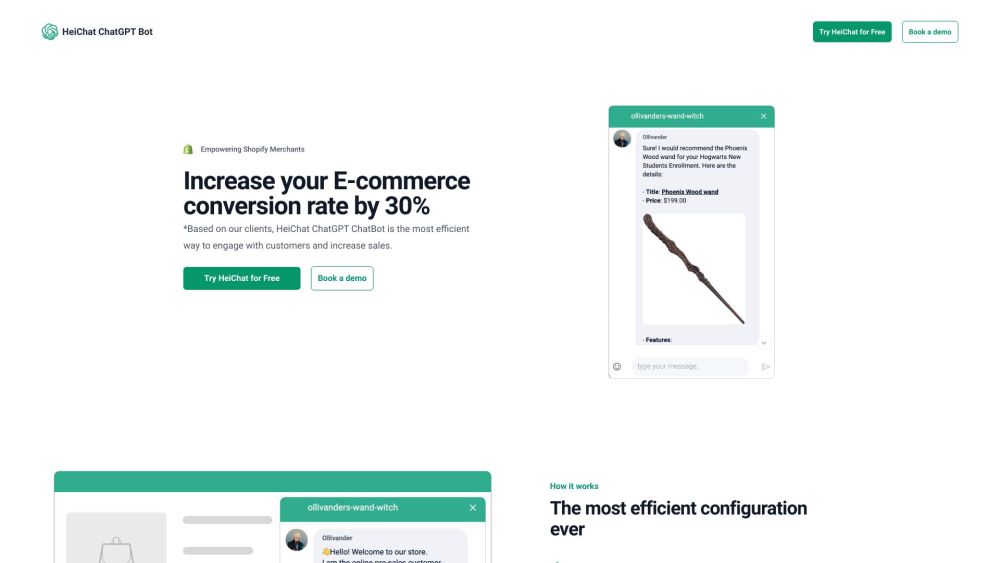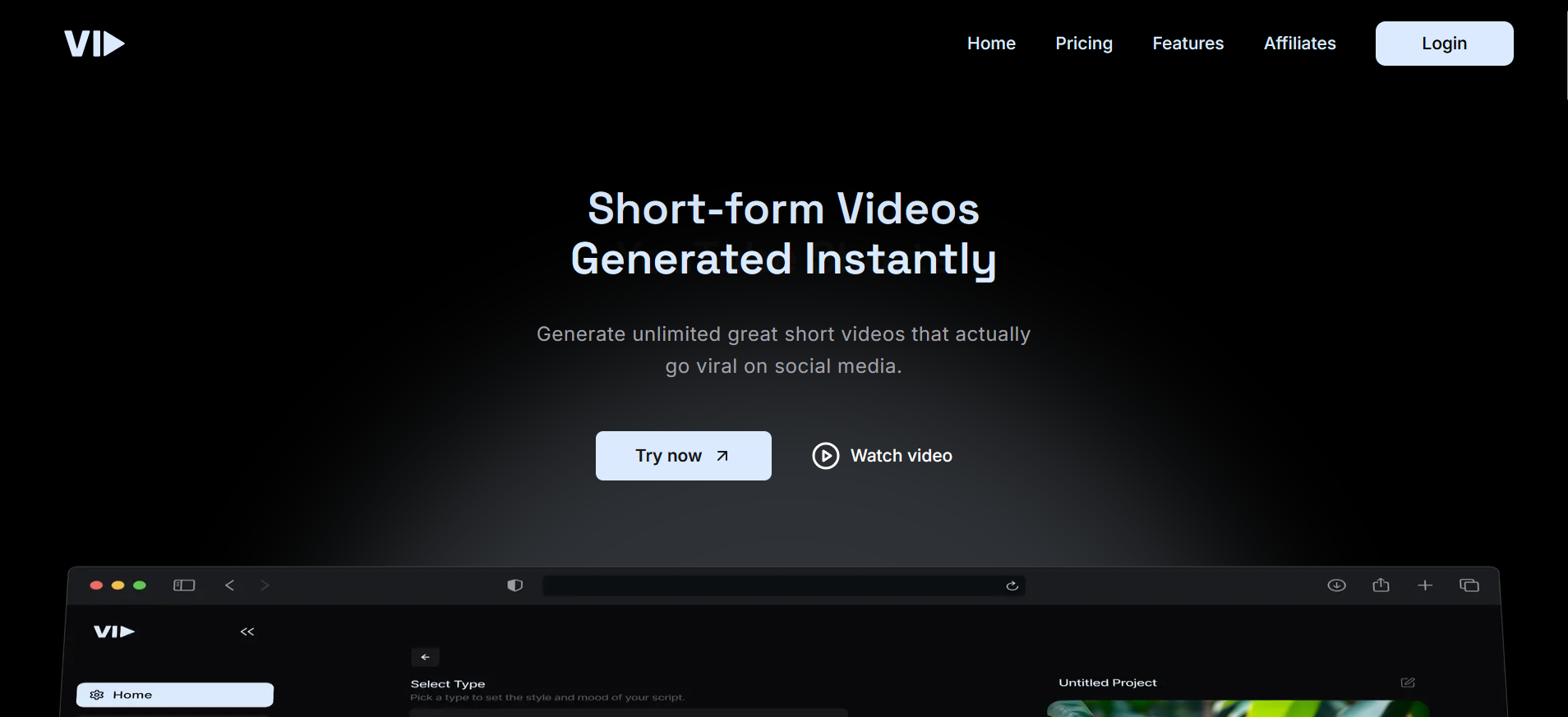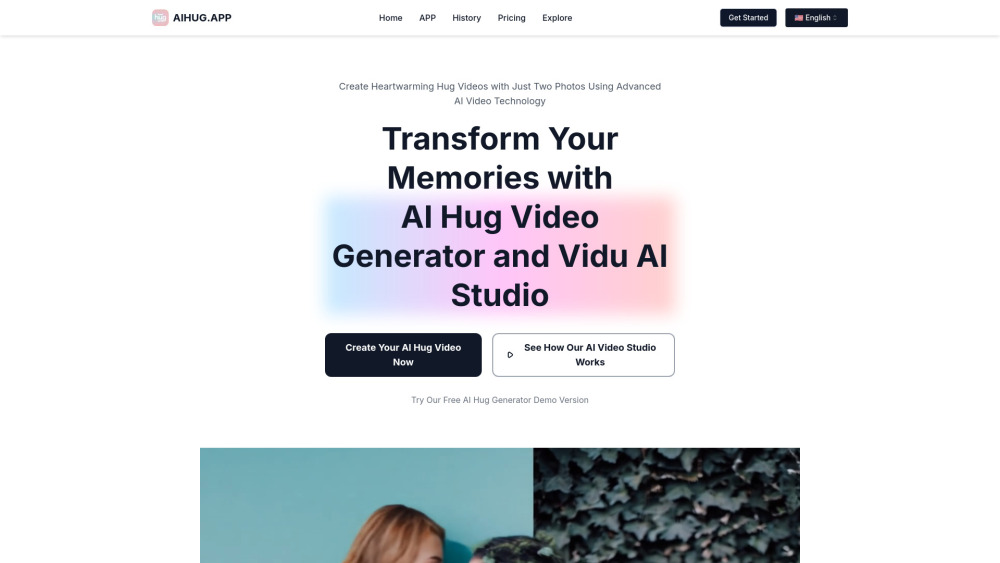NVIDIA has introduced a free demo version of a locally-hosted chatbot that enhances user interaction by accessing files directly from your PC. This innovative tool, named Chat with RTX, allows users to input personal data for tailored summaries and responses. You can ask questions just like you would with any typical chatbot, and it scours your documents for precise answers.
The company highlights the ease of connecting local files as datasets to open-source large language models such as Mistral or Llama 2. For example, if you're curious about a restaurant your partner recommended in Las Vegas, the chatbot can quickly retrieve relevant information from your local files. It supports various file formats, including .txt, .pdf, .doc/.docx, and .xml, and can load these files into its dataset in mere seconds.
Chat with RTX also incorporates YouTube videos and playlists. By adding a video URL, the chatbot can integrate knowledge from the clip for more contextual responses. This feature is particularly useful for gathering travel recommendations based on favorite influencers' content or finding tutorials derived from educational materials.
Tech media outlet recently tested the chatbot and noted its potential as a valuable tool for researching and analyzing document collections, especially for journalists. This advancement represents a significant leap toward a personalized digital assistant that operates within the context of your data. Unlike traditional chatbots, which typically send data to the cloud, Chat with RTX processes information locally. This ensures greater security and contextual relevance, as users don't need to share sensitive data with third parties or rely on an internet connection.
However, there are limitations to consider. As a demo product, users may encounter bugs, but NVIDIA is expected to address these issues as feedback is collected. Additionally, the chatbot is designed for Windows PCs equipped with NVIDIA GeForce RTX 30 Series GPUs or higher, along with a minimum of 8GB of VRAM.
NVIDIA continues to showcase its AI capabilities, recently launching next-generation AI supercomputer chips, which significantly contribute to its profit growth, particularly in the AI and data center sectors.




